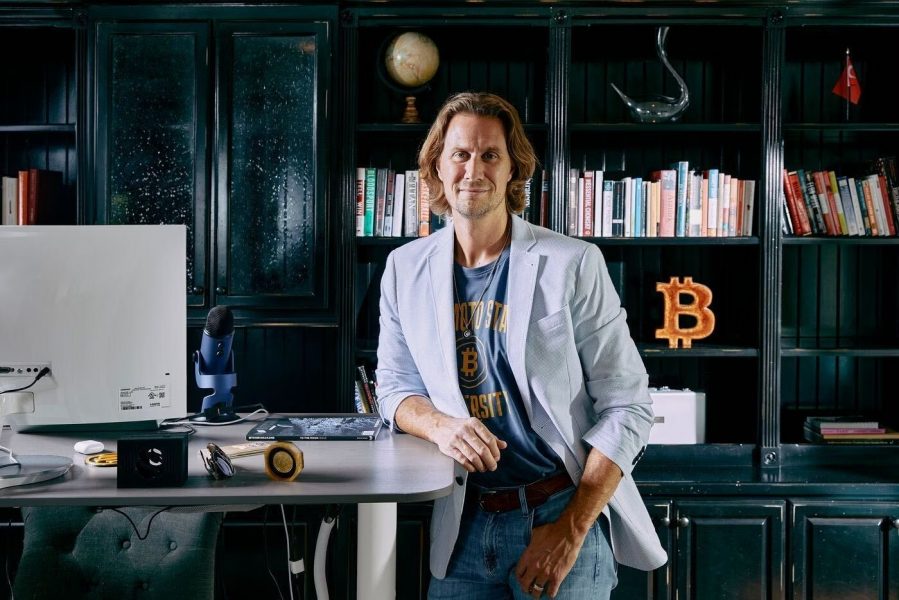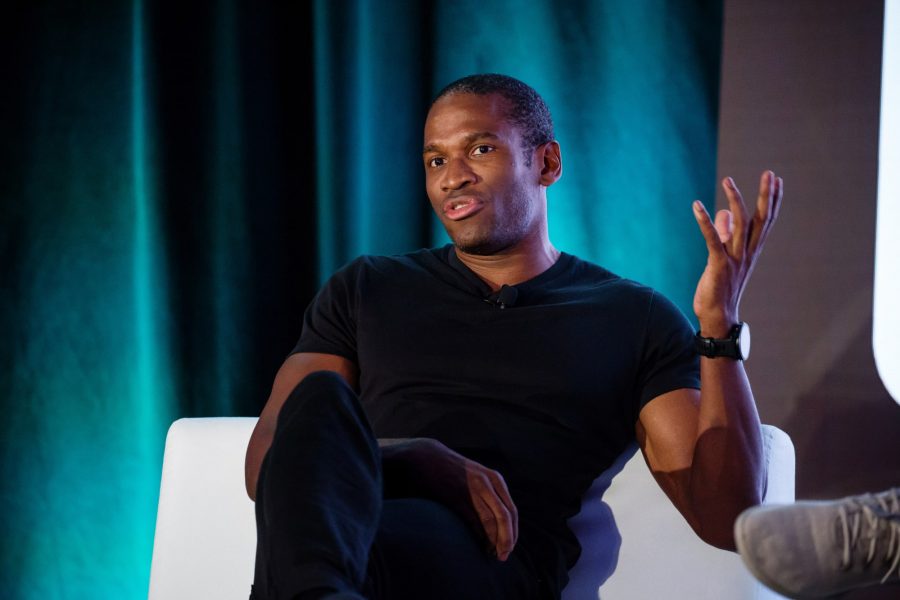Carry1st, a South African publisher of social games and interactive content across Africa, has raised a $20 million Series A extension led by Andreessen Horowitz (a16z), with investments from Avenir and Google. Carry1st will use this funding to expand its portfolio, teams, and user base, as well as develop Web3 infrastructure in Africa to support play-to-earn gaming.
The round — which is an extension of the Series A Carry1st raised last May from Riot Games, Konvoy Ventures, Raine Ventures, and TTV Capital — also saw the same investors double down on their investments in the company.
A couple of prominent individual investors also participated, including Nas and the founders of Chipper Cash, Sky Mavis, and Yield Guild Games.
Andreessen Horowitz general partners David Haber and Jonathan Lai will join Carry1st’s board as observers.
In a statement, Carry1st said it will use this funding to expand its content portfolio, grow its product and engineering teams, and obtain “tens of millions” of new users on the back of this revenue growth in its games and marketplace products. It is also eyeing the possibility of developing infrastructure to support play-to-earn gaming in Africa, venturing into Web3.
Cryptocurrency tokens such as SLP, AXS, and MANA are used in play-to-earn games. They can be withdrawn to a crypto wallet and traded for another cryptocurrency like Bitcoin or ultimately sold for fiat cash to be used in the real world. Carry1st wants to create on- and off-ramp platforms and accept crypto at point-of-sale in its marketplace.
“When we think about Carry1st, we want to be the leading consumer internet company in the region. And we think that the best kind of wedge would be able to do that is a combination of gaming and micropayments and online commerce,” the CEO and co-founder Cordel Robbin-Coker told TechCrunch. “These industries are being pretty significantly disrupted or augmented with Web3 and crypto. And as more gaming content starts to integrate with NFTs and cryptocurrencies, we think there’s a really big opportunity to partner with those studios the same way we partner with free-to-play studios.”
Africa is the next major growth market for gaming globally. The rapid tech adoption from its 1.1 billion millennials and GenZs is a significant driver for this. Carry1st released a report last year with Newzoo showing that the number of games in sub-Saharan Africa will increase by 275% in the next decade. Gaming revenues are projected to see a 728% increase in the same period.
These stats present a much bigger addressable market than what Carry1st envisioned when it launched four years ago. And with the company’s converging at the intersection of gaming, fintech, and Web3, there is a broader set of opportunities (which we can see in other emerging markets) to go after in Africa. It’s one factor that piqued a16z’s interest in the company.
“We are delighted to be making our first investment in an Africa-headquartered company in Carry1st, a next-generation mobile games and fintech platform,” Haber said in a statement. “We see immense opportunity for the company to mirror outstanding successes we’ve seen in markets like India, China, and Southeast Asia. We couldn’t be more thrilled to partner with founders Cordel, Lucy, Tino, and the Carry1st team on their mission to build the Garena of Africa.”
Carry1st was seemingly intentional about the investors it brought into this round, especially as it looks to move deep in gaming, Web3, and fintech across Africa.
As one of the largest crypto-centric funds, at over $3 billion, a16z brings unmatched expertise in gaming and Web3. Through its products and phones, Google will help Carry1st deepen penetration and engagement in Africa. At the same time, Avenir continues to make a big push in African fintech following its big-sized check in Flutterwave.
As for the individual investors, Nas has been relatively prolific with his crypto investments, and Axie Infinity founders own the world’s biggest Web3 gaming company.
“It’s a heavyweight group. We’re excited, and we think that their combination will be beneficial for us. Hopefully, it’s a sign that we’re on the right track and this helps drive strategic partnerships for us in the future,” said Robbin-Coker.
The gaming industry has become a key catalyst in the fast-growing sector of global creative industries, with a market size estimated to be worth $218.7 billion by 2024.
With the region’s youthful population, blockchain-based play-to-earn games are also becoming one of the fastest-growing innovative sectors in the Middle East. They provide new models to help monetize time spent in games with crypto tokens, NFTs, and staking. Industry players believe that the $181 billion gaming revenue to be made this year will increase substantially soon due to blockchain-based games.



